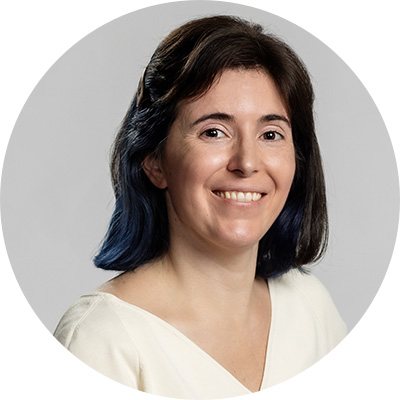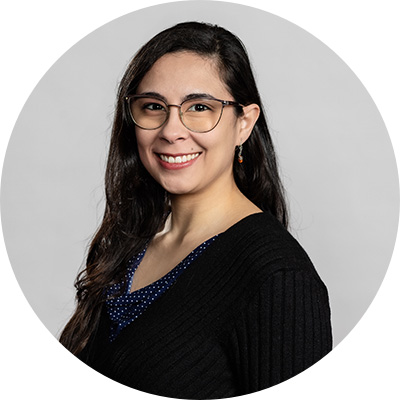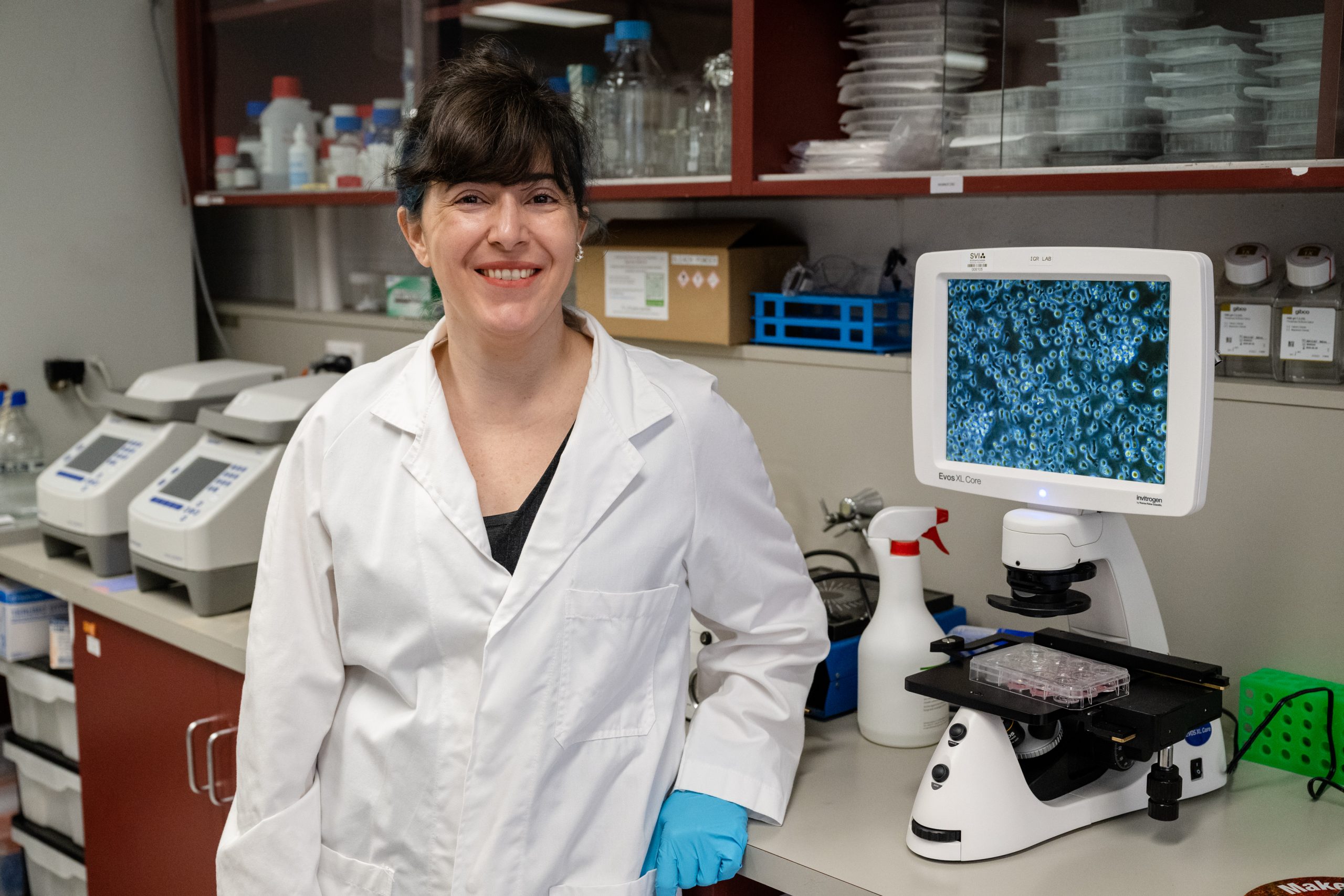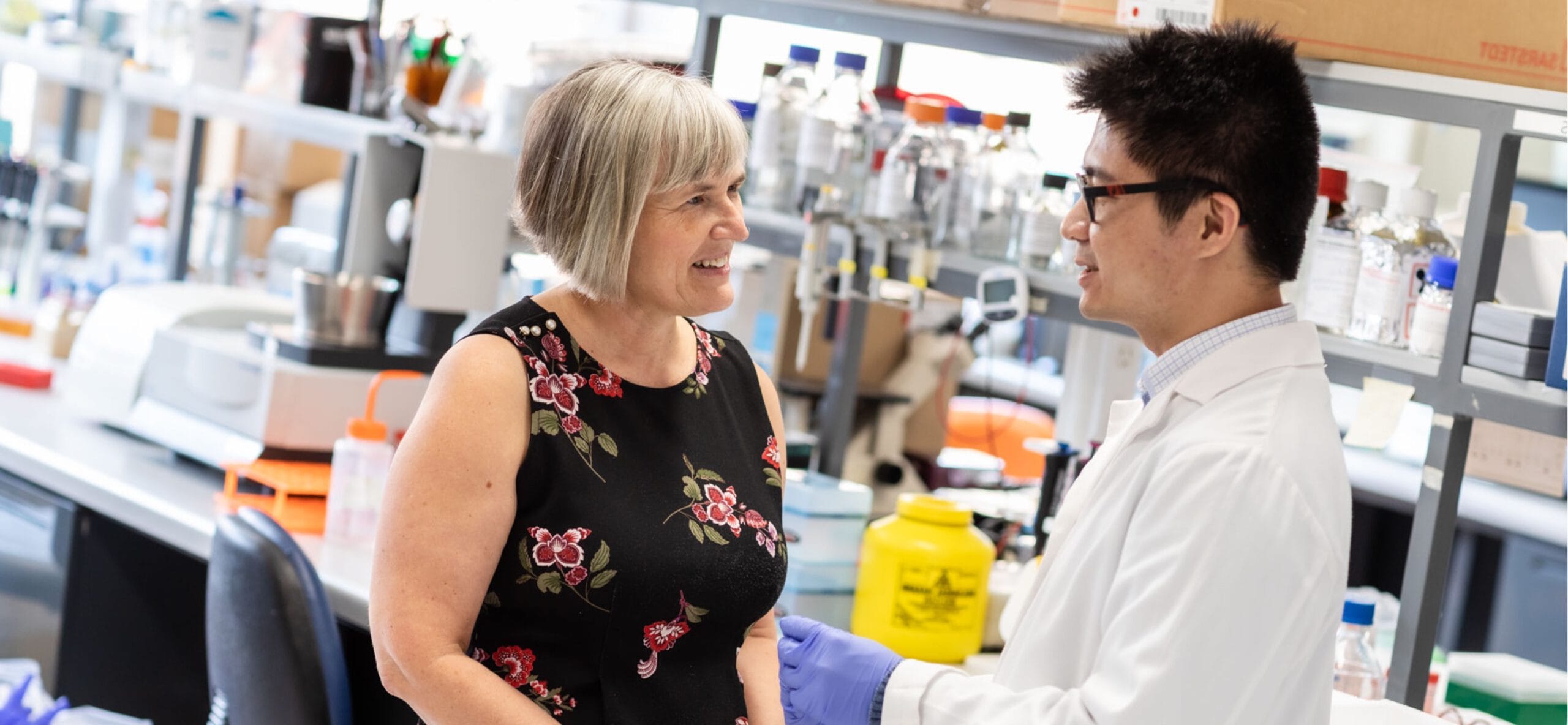Our research sits at the intersection of population genetics, evolutionary anthropology and molecular studies of gene regulation. We are particularly interested in the ways that gene regulatory processes play, both now and in our species’ past, in giving rise to present-day human diversity, and the implications this has for the widespread and equitable adoption of personalised medicine worldwide. Because gene regulation is not easily predicted (at least for now!) from sequence-level data, we use multiple a combination of computational biology and functional genomics approaches to understand the means by which cellular mechanisms interact to regulate gene expression, and, under the action of natural selection, ultimately give rise to inter-species or population-level differences. Our work directly speaks to, and seeks to remedy, the lack of diversity and representation in human genomics today. We aim to ensure that the benefits of personalised medicine are available to all, not just the lucky few.
Currently, much of our work focuses on understanding the challenges of peopling Southeast Asia, with a particular interest on the Indonesian archipelago. We focus both on present-day genetic diversity and interactions between Homo sapiens and other, now extinct, regional hominins, such as the Denisovans.
Ongoing research in the group makes use of multiple cutting-edge approaches, including induced pluripotent stem cells (iPSCs), massively parallel reporter assays (MPRAs), functional genomics assays at bulk and single cell resolutions and machine learning, bringing together multiple disciplines to address questions that cannot be tackled independently by any single one of them. We are also one of the few groups worldwide with an established record in generating iPSC lines from non-model organisms such as great apes.
Current research projects
-
Immune cell atlas of environmental and ancestral diversity in IndonesiaComparative human functional genomics of Island Southeast AsiaDeterminants of eQTL portability across populationsUnravelling the contributions of Denisovan DNA in individuals of Papuan ancestry
People

Available for Student Supervision


- Isabelle de Luzy, Research Officer
- Lani Li, Research Assistant
- Maddy Comerford, PhD student
- Vita Sukonthamarn, PhD student
- Navya Shukla, PhD student
Lab alumni
- Hanadi Hoblos, lab manager
- Laura Cook, PhD student (now a postdoc at Lawrence Berkeley National Lab, USA)
- Ashlee Hutchinson, PhD student (now a postdoc at Monash University)
- Davide Vespasiani, PhD student (now a postdoc at the Walter and Eliza Hall Institute)
- Katalina Bobowik, PhD student (now a postdoc at the Center for Population Genetics, MCRI)
- Isobel Beasley, MSc student
- River Kano, MSc student
- Neke Ibeh, PhD student
- Alex Wang, MSc student
- Abir Srivastava, Hons student
- Alice Groudko, visiting researcher
- Finn Lohmann, undergraduate researcher
Student Projects
Increasing equitable outcomes in precision medicine
Lab: Human Genomics & Evolution
Supervisor(s): Associate Professor Irene Gallego Romero
Diseases focus: BioinformaticsSelected publications
H. M. Natri, G. Hudjashov, G. S. Jacobs, P. Kusuma, L. Saag, C. C. Darusallam, M. Metspalu, H. Sudoyo, M. P. Cox*, I. Gallego Romero* and N. E. Banovich*, Genetic architecture of gene regulation in Indonesian populations identifies QTLs associated with local ancestry and archaic introgression. (2022) American Journal of Human Genetics. 109(1):50-65, doi: 10.1016/j.ajhg.2021.11.017.* denotes equal contribution
Vespasiani, G.S. Jacobs, L.E. Cook, N. Brucato, M. Leavesley, C. Kinipi, F.X. Ricaut, M.P. Cox and I. Gallego Romero, Denisovan introgression has shaped the immune system of present-day Papuans. (2022) PLOS Genetics, 18(12):e1010470.
H. Natri*, K. S. Bobowik*, P. Kusuma, C. C. Darusallam, G. S. Jacobs, G. Hudjashov, J.S. Lansing, H. Sudoyo, N.E. Banovich**, M.P. Cox**, I. Gallego Romero**. Genome-wide DNA methylation and gene expression patterns reflect genetic ancestry and environmental differences across the Indonesian archipelago. (2021) PLOS Genetics, 16(5): e1008749. doi:10.1371/journal.pgen.1008749. * and ** denote equal contributions.
I. Gallego Romero and A.J. Lea, Leveraging massively parallel reporter assays for evolu- tionary questions. Genome Biology, 24(1), doi: 10.1186/s13059-023-02856-6
I. Gallego Romero. Seeing humans through an evolutionary lens. Science, 10.1126/science.adh0745
ORCID: https://orcid.org/0000-0003-1613-8998
Related News

August 2024
Survive and Thrive – How Homo Sapiens became Earth’s apex predators
Head of SVI’s Human Genomics and Evolution Lab, Associate Professor Irene Gallego Romero has been studying the ways in which natural selection and evolution have shaped humanity and to understand how our species' past defines our present.

July 2023
The secrets in our genes
We are pleased to announce the appointment of Dr Irene Gallego Romero as Head of SVI’s new Human Genomics and Evolution Laboratory.